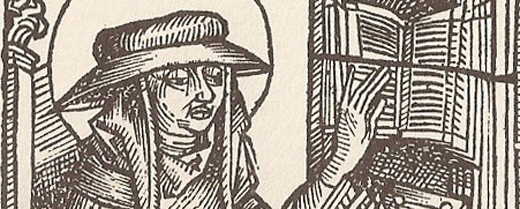Reading Note: Cheerful Money

If I could only findAlexander Waugh’s Fathers and Sons, I’d shelve Tad Friend’s Cheerful Money: Me, My Family, and the Last Days of Wasp Splendor alongside it. Both books are heady blends of eccentric family history, upper-middle-class anxiety, and painfully conditional love. Here is Mr Friend’s grandmother, trying to play testamentary tug-of-war with her son.
“Don’t you want my money?” she finally asked, plaintively. Jess seemed to understand that expectations of inheritance ratchet impossibly high because Wasps tend to express love not as a flow of feeling but as a trickle of side tables — leading their children to look to recoup in dead money what they lost in live affection. As Muriel Rogers once told her son Dickie, “I give you money because I love you at that particular time.”
Also: TMI alerts. Alexander Waugh doesn’t talk about himself very much, but his family can’t have been altogether pleased to read some of his stories about his father and grandfather. As for Mr Friend, one’s happiness at his apparently blessed marriage to Amanda Hesser is taxed somewhat by a polite discomfort occasioned his zesty retailing of previous romances. If nothing else, there is the racket of smashing taboos. Nothing could be less WASPy than the author’s accounts of his interactions with Giovanna, Melanie and Christine. Is this progress, or recklessness?
Considering that Mr Friend’s family background must, by any standard measure, be called privileged, it treads water in an ocean of disappointment. Take John Herman Groesbeck Pierson, the author’s maternal grandfather, whose graduation from Yale, in 1927, occasioned a local news item,
“YALE RECORDS SHATTERED BY J H G PIERSON.” The article noted that he had one nine academic prizes, been president of Phi Beta Kappa, and composed the class poem, while also being a member of the cross-country, rifle, and soccer teams, of the student council, and of the Whiffenpoofs — “prizes and recognitions for almost every form of worthy activity that Yale men admire.”Â
But how could a newspaper take cognizance of the award that wasn’t bestowed, by Yale’s too-famous-to-mention club? “My mother, and her mother before her, liked to say that Grandpa John’s later frustrations flowed from a single headwaters: his rejection by Skull and Bones, the Yale secret society that ‘tapped’ fifteen juniors each year.” Grandpa John, who lived into his nineties, was saddled with the albatross of having reached his apogee fully seventy years earlier. And yet his career was burnished with real achievement, at least when contrasted with that of the author’s paternal grandfather, a feckless stockbroker who depended on the kindness of moneyed wives.
One thing that’s for certain: this engagingly written book’s title is brilliant. It refers, specifically, to an emotionally stunted reward system that Mr Friend’s parents devised for reinforcing good behavior in their three children. But it also captures the material paradox at the center of late-WASP life.
So the money Amanda and I have now is almost all money we have made. Still she suggests that my real issue with ambition and money is my residual belief that I don’t have to do anyting I don’t feel like doing in order to establish our family’s financial security, becauase there will eventually be some sort of inheritance to tide us along. This charge is one of the things we sometimes fight about, all the more bitterly because I worry that she might have a point.
Let’s hope that she doesn’t!
